Obasanjo: ‘Under My Watch, the US Couldn’t Act in Africa Without Nigeria’s Knowledge’
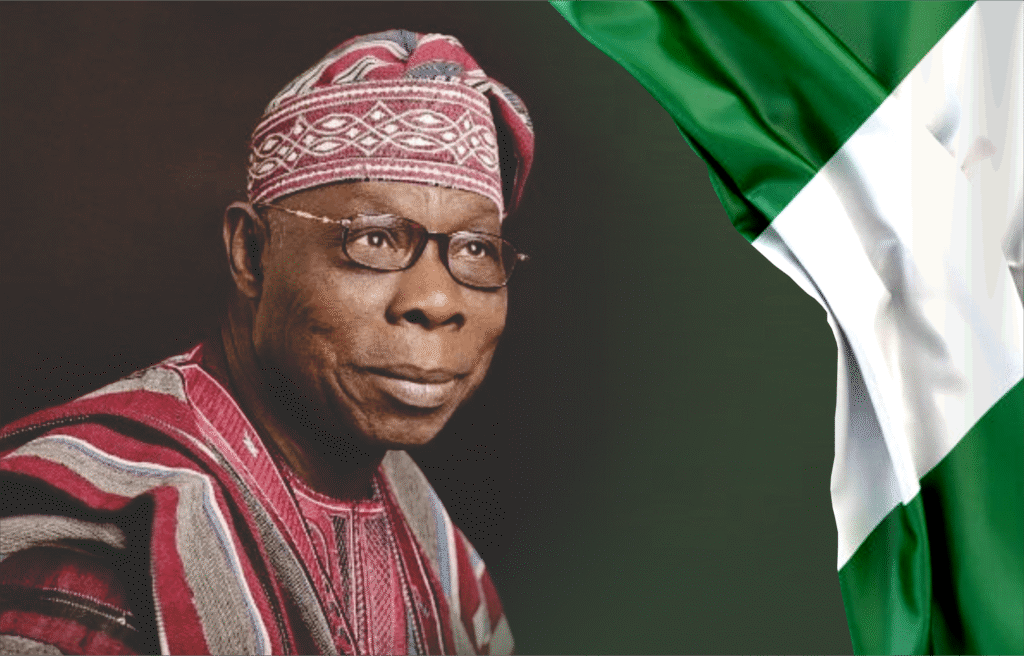
Former President Olusegun Obasanjo has reignited debate about Nigeria’s fading diplomatic influence, recalling a time when the United States could not do anything in Africa without first notifying Nigeria.
Speaking at the Presidential Youth Mentorship Retreat in Abeokuta on Monday, the former military ruler and civilian president reflected on Nigeria’s stature under his leadership, saying that during his tenure as Head of State, the late US President Jimmy Carter held the country in great regard.
“When I was military Head of State, President Jimmy Carter would not do anything in Africa without informing us”. “They were not taking permission from us, but they would tell us what they were doing” – Obasanjo said.
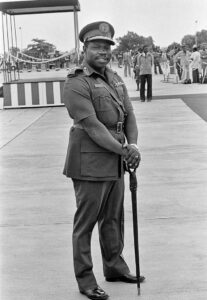
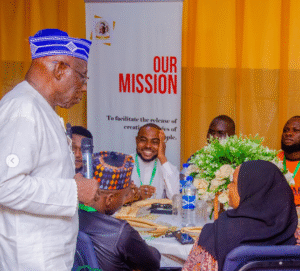
Obasanjo’s comment appeared to allude to the current diplomatic tension sparked by former US President Donald Trump’s recent online statements threatening possible US military intervention in Nigeria over religious violence. While Obasanjo made no direct reference to Trump, his remarks painted a perceived erosion of Nigeria’s regional clout and global respect.
Obasanjo’s reflection is as much nostalgic as it is a critique. During the 1970s, Nigeria’s foreign policy, anchored on anti-apartheid activism, peacekeeping and pan-African solidarity, earned her a reputation as the giant of Africa. Washington viewed Lagos as a critical partner in Cold War Africa. However, in this present times, the country’s foreign policy voice has grown quieter amid domestic insecurity, economic instability and governance challenges.
Some analysts say Obasanjo’s comments highlight a loss of strategic confidence. “In the 1970s, Nigeria could shape African diplomacy. Now, it’s reacting to crisis rather than defining them”.
Nigeria’s diplomatic power, was once drew from its oil wealth and economic promise. Under Obasanjo, the nation’s petroleum reserves and active participation in OPEC gave it leverage in global negotiations. But in recent years, falling oil production, policy inconsistency and foreign investment flight have weakened that advantage. Economic observers note that influence follows economic strength; and Nigeria’s current fiscal woes have diminished its ability to project leadership even within West Africa, where smaller economies like Ghana and Senegal now attract more investors’ confidence.
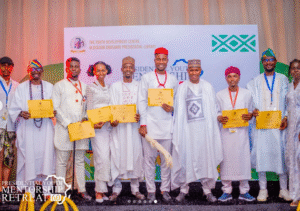

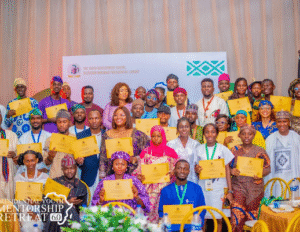
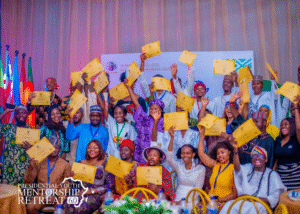
Addressing hundreds of young participants at the retreat themed – Africa and the Conflicts in Europe and the Middle East, Obasanjo urged African youths to be positively disruptive, warning that leaving leadership to the current political class would destroy tomorrow. He challenged them to translate their demographic strength into political power. “You have the number, but the number will only matter when you use it to your advantage” – he said.
His words struck at the heart of Nigeria’s generational divide. While the “Not Too Young To Run” law opened space for youth participation, many young politicians have been co-opted by older elites, struggling to build credibility. Obasanjo himself acknowledged this, admitting that some youths in government have not proven that they can be absolutely trusted. Obasanjo’s statements are not just about history. They are a subtle call for a national reset.
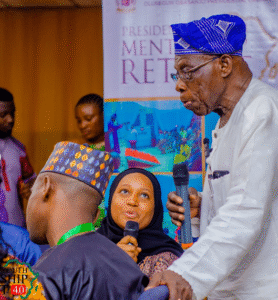

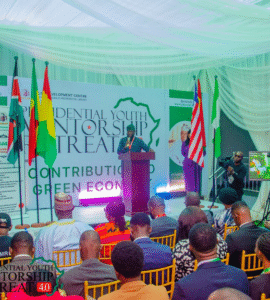
As geopolitical attention shifts toward Africa’s strategic minerals and population boom, Nigeria’s role as a stabilizing force is under question. Critics argue that for the country to regain global respect, it must rebuild credibility at home; strengthen governance, curb corruption and empower a new generation of leaders with vision and integrity.
In remembering an era when the US sought Nigeria’s counsel before acting in Africa, Obasanjo seemed to be saying what many Nigerians feel that the nation once commanded respect and with the right leadership, it could again.






